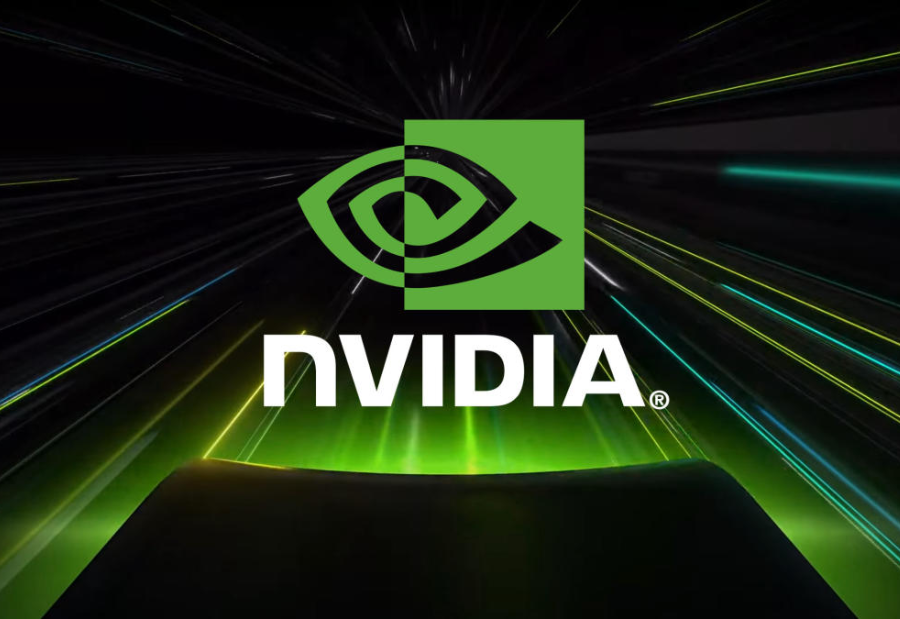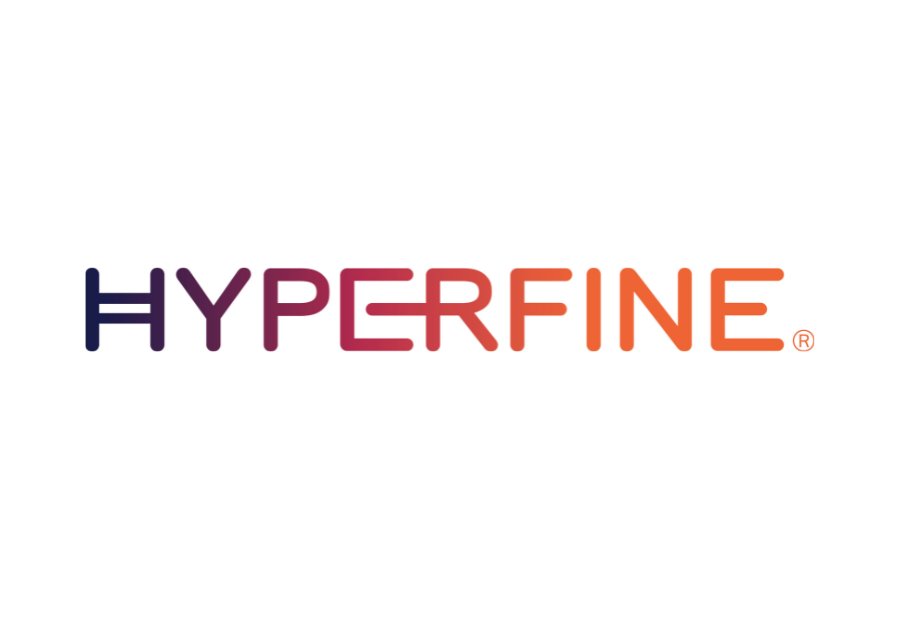Tensor Processing Units (TPUs), the next generation of Google’s AI processors, are anticipated to be released next year, and the company is collaborating with Taiwan’s MediaTek on their development, media said on Monday. Although it won’t break up its relationship with Broadcom, the firm it has solely collaborated with for AI chip research in recent years, this decision will signal a change in Google’s semiconductor strategy.
According to the media, Google may be moving to MediaTek since the business has a solid relationship with Taiwan Semiconductor Manufacturing business (TSMC) and provides cheaper per-chip expenses than Broadcom.
In addition to collaborating with MediaTek, Google creates its own AI server chips, which are then made available to cloud users and utilized for internal research and development. By lessening its dependency on Nvidia, which continues to dominate the semiconductor sector, this tactic aids Google in maintaining its competitiveness in the AI market. This is particularly crucial because Nvidia processors are in great demand from rivals like OpenAI and Meta.
Late last year, Google introduced its sixth-generation TPU, providing its Cloud clients and itself with an alternative to Nvidia devices. According to reports, MediaTek was chosen because of its solid alliance with TSMC, a significant chip maker, and its capacity to offer chips at a lesser price than Broadcom.
Research company Omdia estimates that, depending on Broadcom’s sales expectations for AI chips, Google spent $6 billion to $9 billion on TPUs last year.
Also read: Viksit Workforce for a Viksit Bharat
Do Follow: The Mainstream formerly known as CIO News LinkedIn Account | The Mainstream formerly known as CIO News Facebook | The Mainstream formerly known as CIO News Youtube | The Mainstream formerly known as CIO News Twitter
About us:
The Mainstream formerly known as CIO News is a premier platform dedicated to delivering latest news, updates, and insights from the tech industry. With its strong foundation of intellectual property and thought leadership, the platform is well-positioned to stay ahead of the curve and lead conversations about how technology shapes our world. From its early days as CIO News to its rebranding as The Mainstream on November 28, 2024, it has been expanding its global reach, targeting key markets in the Middle East & Africa, ASEAN, the USA, and the UK. The Mainstream is a vision to put technology at the center of every conversation, inspiring professionals and organizations to embrace the future of tech.




